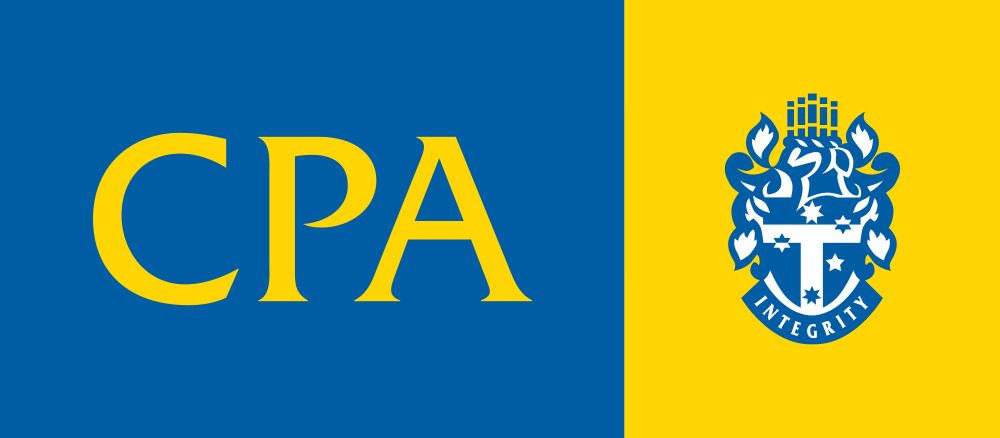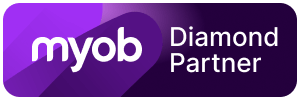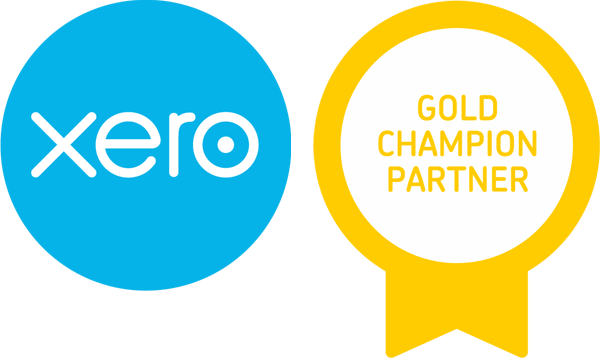Coronavirus - Federal and State Government Assistance to Business
Currently the Federal and State Governments have outlined the following assistance to small business.
Boosting Cashflow for employers with <$50m turnover.
- The minimum payment is $2,000 with a maximum payment of $25,000 for businesses that employ staff.
- Quarterly lodgers will be eligible to receive the payment for the March 2020 or June 2020 quarters. The rules will apply differently for monthly remitters but they will still be entitled to the same benefits.
- The payment is calculated as 50% of the pay-as-you-go (PAYG) withheld in the March quarter and refunded as part of the business activity statement (BAS). If you don't reach the $25,000 based upon the March BAS then the balance will be paid on the June BAS.
- Any payments received are tax free.
Supporting Apprentices
- The Government is supporting small business to retain their apprentices and trainees.
- Eligible employers can apply for a wage subsidy of 50% of the apprentice's or trainee's wage paid during the 9 months from 1 January 2020 to 30 September 2020.
- Where a small business is not able to retain an apprentice, the subsidy will be available to a new employer.
- Employers will be reimbursed up to a maximum of $21,000 per eligible apprentice or trainee ($7,000 per quarter).
- The subsidy will be available to small businesses employing fewer than 20 full-time employees who retain an apprentice or trainee.
- The apprentice or trainee must have been in training with a small business as at 1 March 2020.
- Employers of any size and Group Training Organisations that re-engage an eligible out-of-trade apprentice or trainee will be eligible for the subsidy.
- Employers will be able to access the subsidy after an eligibility assessment is undertaken by an Australian Apprenticeship Support Network (AASN) provider.
- Employers can register for the subsidy from early-April 2020.
- Final claims for payment must be lodged by 31 December 2020.
- Further information is available at:
- The Department of Education, Skills and Employment website at: www.dese.gov.au
- Australian Apprenticeships website at: www.australianapprenticeships.gov.au f or further information on how to apply for the subsidy, including information on eligibility.
Plant & Equipment
- From 12 March 2020, the instant asset write-off threshold has been increased from $30,000 to $150,000 (for businesses with <$500m turnover) until 30 June 2020.
- A time-limited 15 month investment incentive (through to 30 June 2021) which will operate to accelerate certain depreciation deductions.
- Businesses with <$500m turnover will be able to deduct 50% of the cost of the eligible asset on installation, with existing depreciation rules applying to the balance of the assets cost.
Administration
The Government have stated that they will offer relief on some tax obligations for businesses affected by the COVID-19 to be determined on a case by case basis.
- There are a string of measures which include up to a four-month deferral of the payment date of amounts due through the business activity statement, including PAYG instalments, income tax assessments, fringe benefits tax assessments and excise
- The ATO will also allow quarterly GST reporting businesses to opt into monthly GST reporting in order to get quicker access to GST refunds they may be entitled to.
- Businesses will be allowed to vary PAYG instalment amounts to zero for the April 2020 quarter.
- Businesses that vary their PAYG instalment to zero will also be allowed to claim a refund for any instalments made for the September 2019 and December 2019 quarters.
- The ATO will also look to remit any interest and penalties, incurred on or after 23 January 2020, that have been applied to tax liabilities, and allow affected businesses to pay their existing and ongoing tax liabilities by allowing them to enter into low-interest payment plans.
- Speaking at the Tax Institute's annual Tax Summit, commissioner Chris Jordan said his office would do its part to help the community through a "harrowing" start to the year. "Our message to businesses feeling the impact of the COVID-19 is simply this: let us know. Reach out to us. We can help," Mr Jordan said. "The ATO will work shoulder to shoulder with businesses to assist them through this difficult period and do what we can to ease the pressure."
- Unlike the bush fire relief measures, which applied automatically to particular geographic areas, assistance measures for those impacted by COVID-19 will not be automatically implemented. Instead, businesses and their advisers will be required to contact the ATO on its 1800 806 218 Emergency Support Info Line to discuss their situation.
- Planning tip: It is vital to keep lodging your BAS on time, but some of the ATO tax relief options allow you/us to contact the ATO to explain how you've been affected by the COVID-19 and negotiate payment arrangements. Maybe set up a second bank account, put all tax withholdings, super payments into that and use it as an emergency fund that can be used to dip into if needed. If you are having problems paying the ATO please contact us before you make any payments and we can discuss some scenarios with you. We can help you focus on keeping the business alive.
WA State Government Assistance for Business
- Small to medium businesses with a payroll of between $1m and $4m will receive a one off grant of $17,500.
- Changes to the payroll tax exemption threshold are being brought forward, in an effort to support 11,000 businesses. The threshold was previously lifted from $850,000 to $950,000 with an increase to $1m scheduled for January 2021. This will now happen six month earlier on 1 July 2020.
- Small businesses that pay less than $7.5m in taxable wages each year can apply to defer their payroll tax payment to 21 July 2020.
This is obviously fluid environment and we would expect to see more announcements and assistance being delivered by Government and will attempt to keep you updated as and when these occur.
Other assistance from Smith Thornton
- Finance and Debt Management – The banking and debt markets are experiencing significant change with government lead interest rate easing and quantitative easing. Refinancing opportunities and debt structuring are things to consider as you experience cash flow difficulties. We can help you assess options, liaise with your bank and collate the necessary information in dealing with your bank.
- Planning Cashflow Needs – We can help you develop action strategies to improve you bottom line by preparing accurate, timely and informative cashflow forecasting reports.




